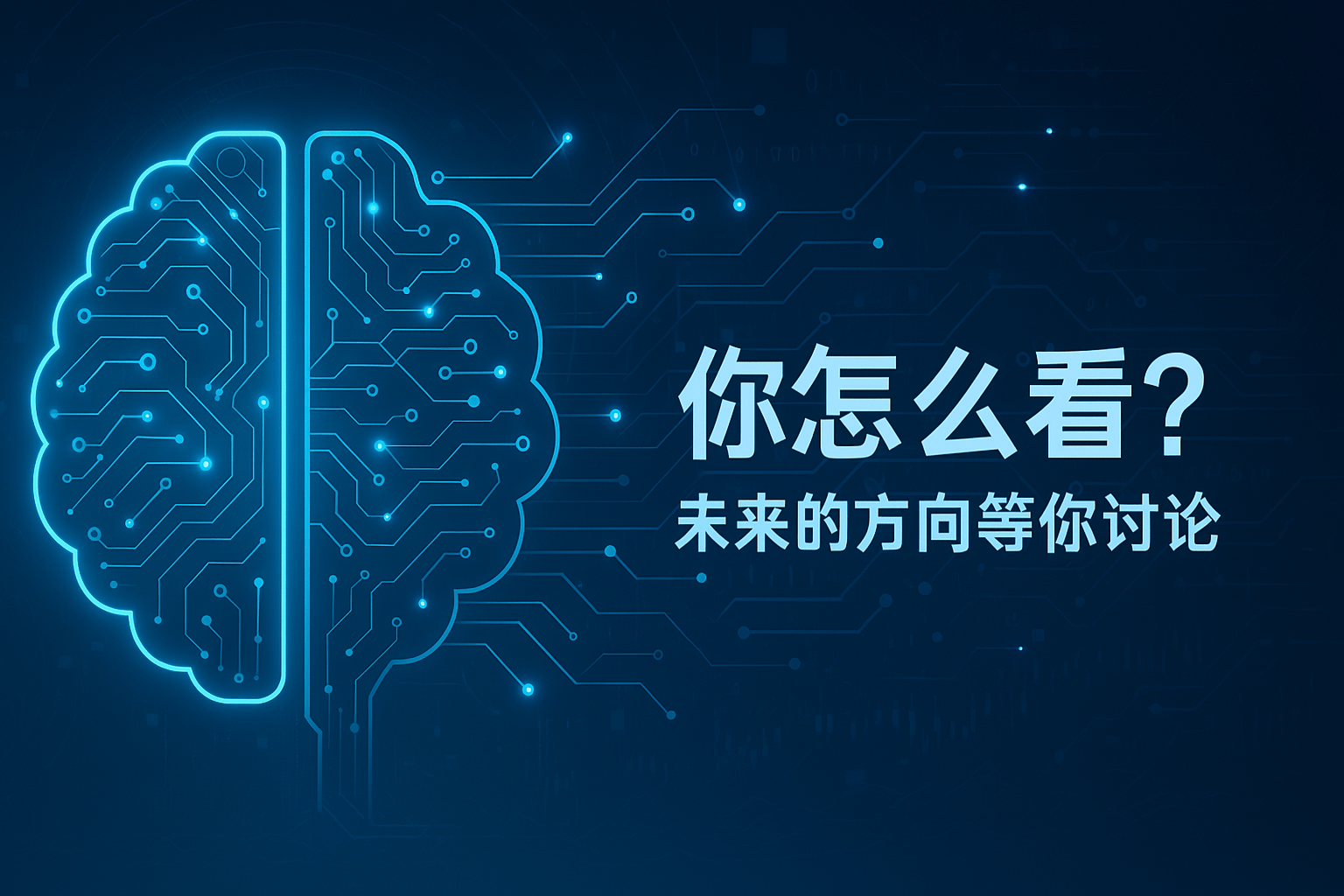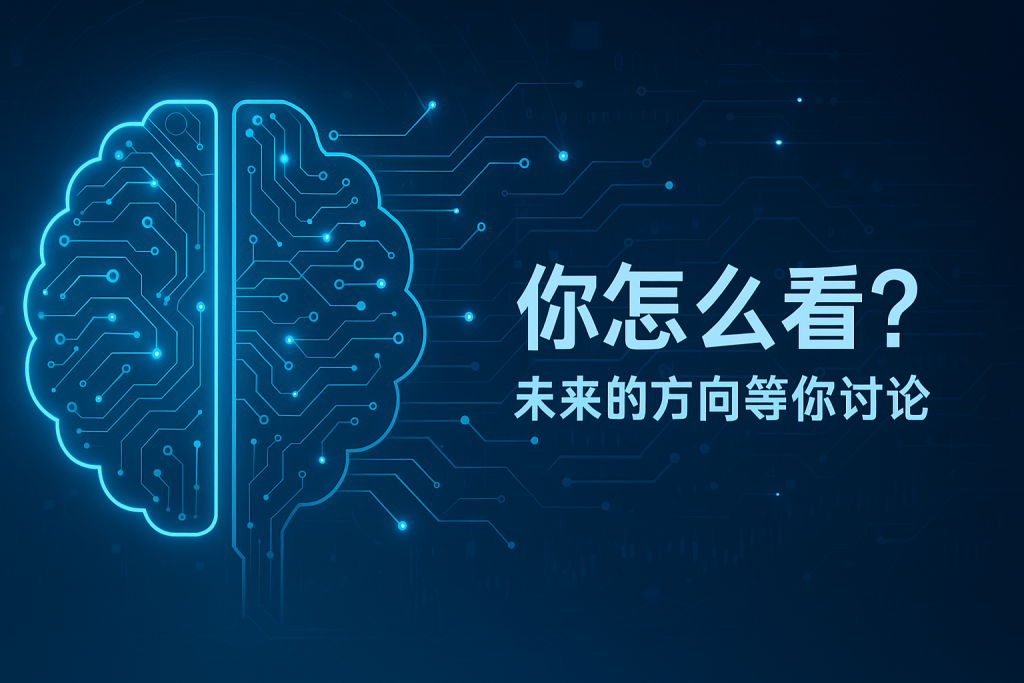On September 12, during Tosda’s global open day event, the company officially launched its first wheeled humanoid robot, marking an important step in the field of domestic embodied intelligence. This robot is equipped with the Zhipu AIlarge model, aimed at addressing long-standing industry pain points such as slow debugging and difficult adaptation in flexible production. This initiative not only enriches the AI robotproduct line but also provides new ideas for the intelligent transformation of the manufacturing industry.
Zhipu AI Empowerment: The Technological Support Behind the Robot
The most striking feature of this wheeled humanoid robot is its incorporation of the Zhipu AI large model. This model possesses the capability to perform complex task reasoning using thinking chains, allowing the robot to execute various operations such as material sorting, inspection, and placement in warehouse or factory environments. This means that the robot is not merely an executor but an intelligent agent capable of understanding and adapting to complex environments. The support of the Zhipu AI large model undoubtedly enhances the robot’s environmental perceptionabilities and decision-making efficiency, enabling it to integrate more effectively into flexible productionprocesses.
The Transformation of Flexible Production: Opportunities and Challenges Brought by Robots
The embodied intelligent robot launched by Tosdadirectly addresses the pain points of flexible production. In traditional manufacturing, adjustments to production lines often require substantial time and labor costs. This robot is expected to achieve rapid adjustments and optimizations of production lines through its high flexibilityand intelligence, thereby improving production efficiency and reducing operational costs. For example, the robot can quickly adjust workflows based on changes in production demands, automating material sorting and placement to reduce manual intervention. Additionally, the robot can utilize visual recognition technology for quality inspection of products, thus enhancing product quality.
Industry Integration and Future Outlook
The launch of this embodied intelligent robot has sparked discussions about the deep integration of AItechnology with the manufacturing industry. In the future, as large modeltechnology continues to develop, embodied intelligent robots will find applications in more fields such as logistics, healthcare, and services. At the same time, we must also pay attention to data securityand ethical issues to ensure the healthy development of artificial intelligence technology. Tosda’s initiative also signifies that the future of the manufacturing industry will trend towards greater intelligence and automation. In the future, AI robotswill play an increasingly important role in the manufacturing sector, driving industrial upgrades and transformations.
What do you think about the application prospects of embodied intelligent robots in the future manufacturing industry?
 返回搜狐,查看更多
返回搜狐,查看更多
平台声明:该文观点仅代表作者本人,搜狐号系信息发布平台,搜狐仅提供信息存储空间服务。

